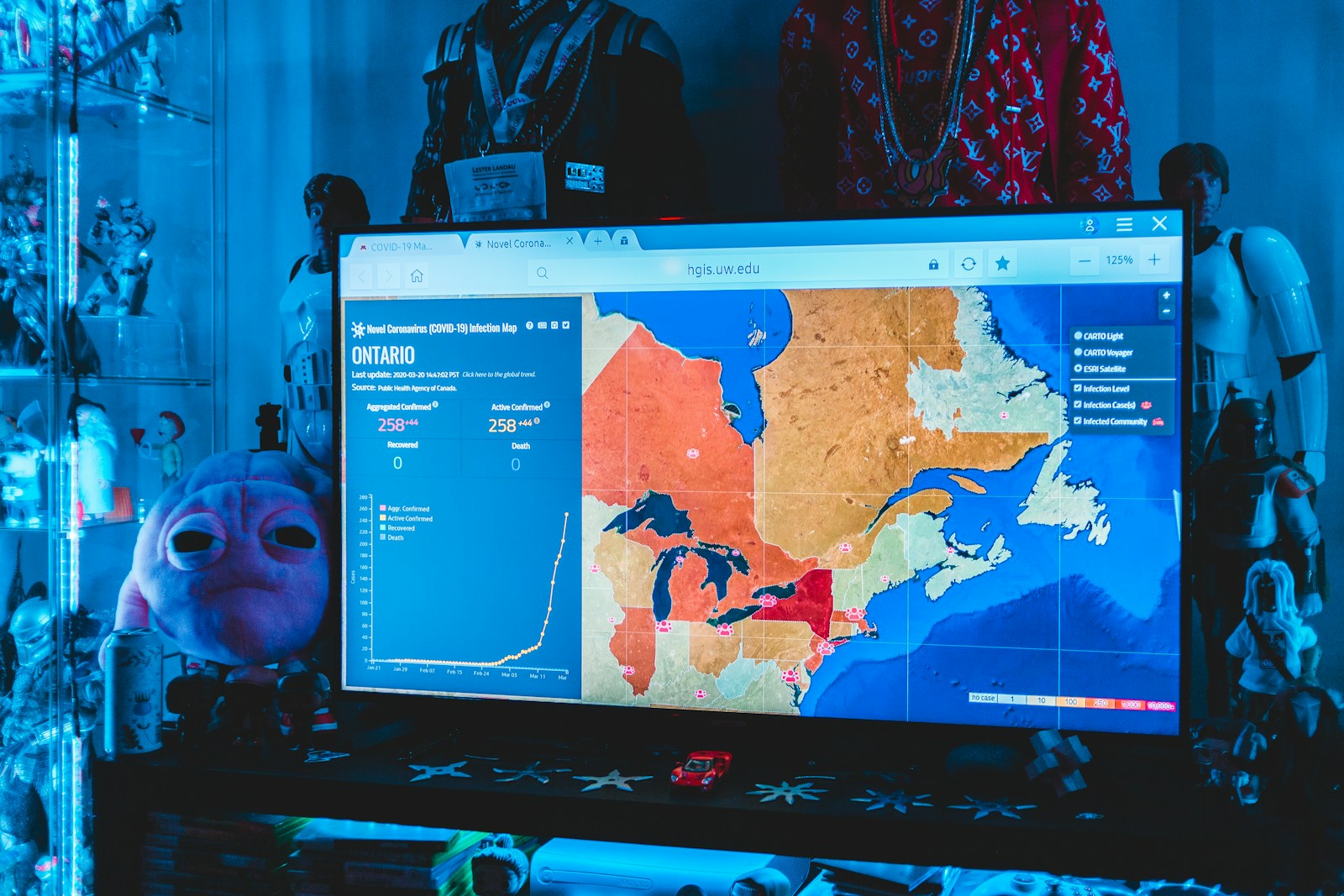In every democracy, the separation of powers is a cornerstone that keeps the system functioning fairly. Mauritius is no exception. The principle of checks and balances ensures that no branch of government becomes too powerful, and at the heart of this principle lies judicial review. By allowing the courts to examine the legality of executive and legislative actions, judicial review Mauritius plays a vital role in protecting the constitution, safeguarding citizens’ rights, and ensuring that democracy remains robust and accountable.
judicial review Mauritius and constitutional supremacy
One of the primary purposes of judicial review Mauritius is to uphold constitutional supremacy. The constitution is the highest law of the land, and all government actions must align with it. When a law or executive decision violates constitutional provisions, the judiciary has the authority to strike it down. This power acts as a guardian of the democratic framework and prevents abuse of power.
Constitutional supremacy means that neither parliament nor the executive can act beyond their legal authority. Citizens rely on courts to intervene when their rights are threatened. Through judicial review, the judiciary ensures that fundamental freedoms, such as the right to free speech, equality before the law, and due process, are protected. This is not just a legal mechanism but a moral duty of the courts to preserve the spirit of democracy.
Without this safeguard, there would be little to stop arbitrary decision-making. The ability of courts to nullify unconstitutional acts keeps the balance between liberty and authority. It reassures citizens that even the most powerful institutions must operate within the rule of law.
judicial review Mauritius and executive accountability
Judicial review Mauritius is also crucial for holding the executive branch accountable. In many democracies, the executive wields significant power, from implementing policies to controlling public funds. When that power is misused, the judiciary acts as a check to prevent overreach. Courts can review executive orders, administrative actions, and decisions affecting individual rights to ensure they comply with legal standards.
Executive accountability is essential for public trust. When citizens see that courts are willing to challenge unlawful government actions, they are more confident that the system works for them. This encourages civic participation and strengthens democratic culture. On the other hand, if executive actions go unchecked, corruption and abuse can thrive, eroding faith in governance.
Effective judicial review requires independence. Judges must be free from political pressure, adequately resourced, and empowered to deliver impartial judgments. Only then can they fulfill their duty to act as a neutral arbiter between citizens and the state.
judicial review Mauritius and legislative oversight
Legislative bodies make laws that govern every aspect of society, but they too must operate within constitutional boundaries. Judicial review Mauritius ensures that parliament does not pass laws that violate fundamental rights or exceed its authority. This process strengthens the legal system by filtering out unconstitutional legislation before it causes harm.
Judicial review also helps create better laws. When courts provide reasoned judgments explaining why a law is unconstitutional, legislators can use those insights to craft stronger, more precise legislation. This dynamic interaction improves the quality of governance over time.
Moreover, judicial oversight prevents the tyranny of the majority. Democracies sometimes risk passing laws that favor the majority at the expense of minority rights. Judicial review acts as a shield for vulnerable groups, ensuring that equality and justice are preserved for everyone, not just those with political influence.
judicial review Mauritius and protection of fundamental rights
One of the most celebrated functions of judicial review Mauritius is its ability to protect fundamental rights. The courts are often the last line of defense when individual freedoms are threatened by laws or government decisions. Whether it is freedom of speech, the right to a fair trial, or protection against discrimination, judicial review ensures that these rights are not violated.
Through landmark rulings, courts have clarified the scope of rights and expanded their interpretation to adapt to changing social realities. This dynamic role allows the judiciary to respond to new challenges such as digital privacy, freedom of information, and environmental justice. By doing so, judicial review Mauritius keeps the constitution a living document that reflects the values of society.
The protection of rights also reinforces public confidence. Citizens are reassured that even when other branches fail, the judiciary stands ready to defend their liberties. This trust is essential for maintaining peace and stability, especially in times of political or economic crisis.
judicial review Mauritius and rule of law
At its core, judicial review Mauritius is a mechanism for upholding the rule of law. The rule of law means that everyone, including those in power, is subject to the same legal standards. Without this principle, governance would descend into arbitrary decision-making where might makes right. Judicial review prevents this by providing a forum where actions of the state are measured against objective legal principles.
Rule of law also means predictability. Citizens and businesses need to know that the rules will be applied consistently. When courts strike down illegal actions, they set precedents that guide future behavior. This creates a sense of order and fairness that encourages compliance and strengthens democratic culture.
The rule of law is not self-sustaining. It requires constant vigilance, especially in rapidly changing political environments. Judicial review Mauritius serves as that vigilant guardian, reminding all branches of government that they must operate within legal and constitutional limits.
judicial review Mauritius and separation of powers
The concept of separation of powers divides authority among the executive, legislative, and judicial branches to prevent the concentration of power. Judicial review Mauritius is essential to this arrangement because it gives the judiciary the ability to check the other branches. Without this power, the separation would be merely theoretical, offering no real safeguard against abuse.
Courts exercise this role carefully. They do not interfere in policymaking unless a clear constitutional violation exists. This restraint preserves the delicate balance between judicial oversight and respect for democratic decision-making. When done correctly, judicial review strengthens rather than weakens the separation of powers by ensuring that each branch stays within its boundaries.
Maintaining this balance requires judicial courage. Sometimes courts must deliver unpopular decisions that challenge powerful actors. In the long term, however, such decisions enhance respect for institutions and reinforce the notion that no one is above the law.
Judicial Review and Its Role in Balancing Power
Judicial review serves as a cornerstone of democratic governance, ensuring that executive and legislative actions remain within the boundaries of the constitution. In Mauritius, this function becomes vital as citizens demand accountability from those in power. When courts actively review decisions, they provide a check that prevents the misuse of authority and preserves the rights of individuals. This process reassures the public that no institution is above the law, fostering trust in the judicial system.
However, the effectiveness of judicial review depends on the independence of the judiciary and the accessibility of the process for citizens. If the system is perceived as slow or biased, confidence erodes, and people turn to alternative ways of expressing their dissatisfaction, sometimes outside the legal framework. This makes it essential for Mauritius to strengthen its judicial review mechanisms to deliver timely, transparent, and fair judgments that reflect the spirit of the constitution.
As more citizens engage in public discourse, judicial review becomes not just a legal tool but a civic instrument. It encourages a culture where the population monitors government decisions and actively participates in shaping policies. This shared responsibility between the judiciary and the public forms the backbone of a healthy democracy where power is exercised responsibly.
The Need for Transparency and Civic Education
For judicial review to have a lasting impact, transparency must be at the forefront of every legal process. Court decisions should be accessible and easily understood by the general public. When judgments are clear and widely disseminated, they educate citizens on their rights and obligations, empowering them to hold leaders accountable. Transparent processes also deter potential abuses of power by signaling that actions will be scrutinized and evaluated under public view.
Civic education is another crucial element. Without a clear understanding of how judicial review works, many citizens may fail to use this tool effectively. Schools, universities, and civil society organizations have a role to play in teaching the fundamentals of constitutional rights and legal processes. This education equips future generations with the knowledge to engage meaningfully with governance and demand justice when necessary.
Increased transparency and education together create a virtuous cycle. As people become more informed, they participate more actively in governance, which leads to better oversight and ultimately stronger institutions. This synergy strengthens democracy and ensures that power is balanced in a way that benefits the entire population.
Building a Future of Judicial Integrity
The path forward for Mauritius requires deliberate steps toward reinforcing judicial independence and accessibility. Reforms aimed at reducing case backlogs, improving legal aid, and using technology for court processes can significantly improve efficiency. These reforms would reassure citizens that justice is not only available but also attainable in a reasonable time frame.
Collaboration between the judiciary, government, and civil society is also essential. By working together, these stakeholders can create a legal environment that respects the constitution and protects citizens from arbitrary decisions. Public forums and dialogues can bridge the gap between the legal system and everyday citizens, making the courts more relatable and trusted.
Ultimately, the goal is a Mauritius where judicial review is not just a constitutional provision but a living practice that shapes governance daily. This would solidify the country’s democratic foundations and set an example for other nations in the region seeking to strengthen their rule of law.
Conclusion
Judicial review is more than a legal concept; it is a promise of accountability and fairness for every citizen. As Mauritius continues its democratic journey, embracing stronger checks and balances will ensure that power serves the people, not the other way around. The public must remain engaged, educated, and persistent in demanding a system that delivers justice swiftly and impartially. A society where judicial integrity thrives is one where democracy stands resilient against corruption and abuse.
For a deeper understanding of constitutional law principles, you can explore this detailed analysis of judicial review from Britannica.
To discover more local discussions and opinions about governance, visit our Opinions Mauritius section where citizens share their perspectives.




